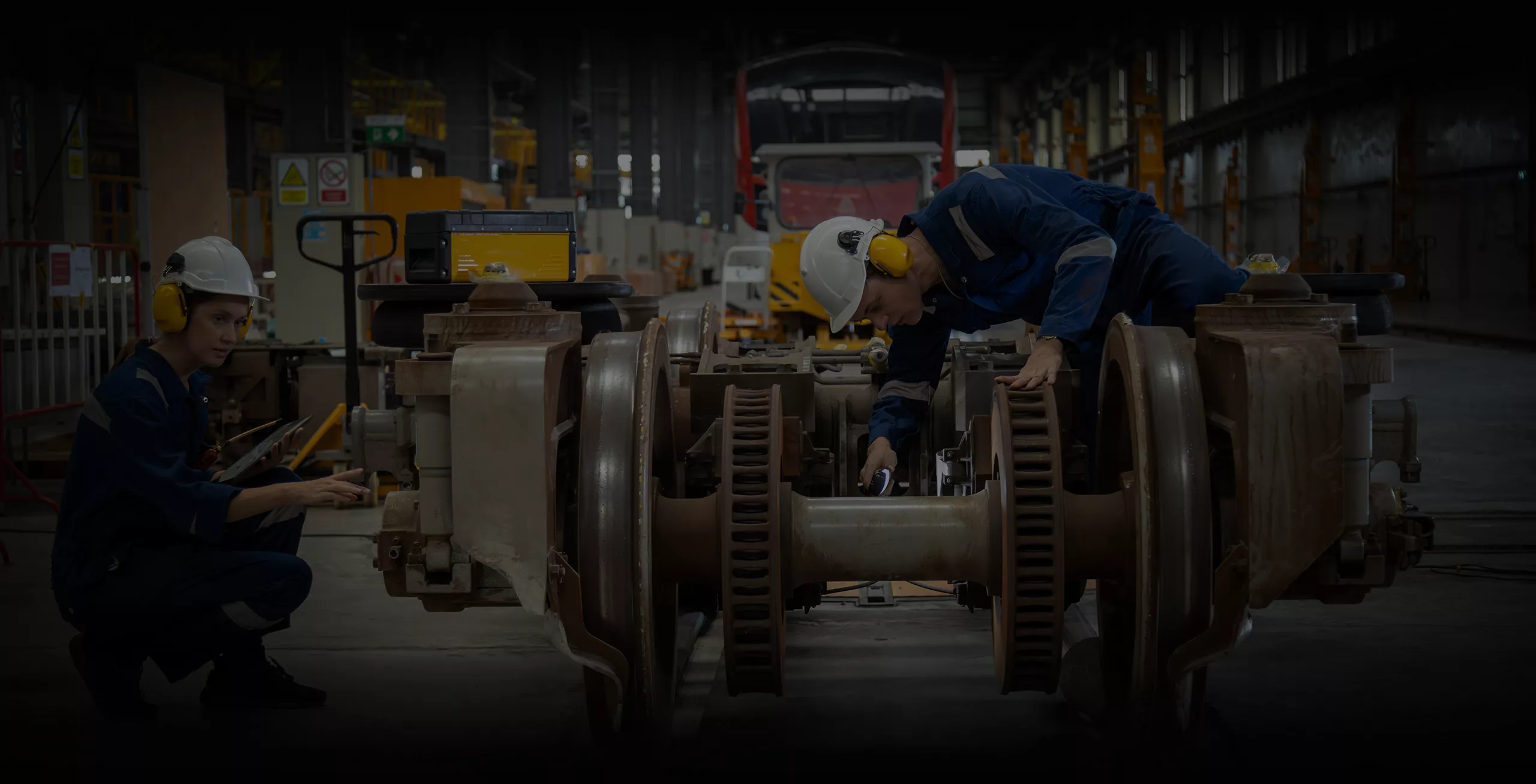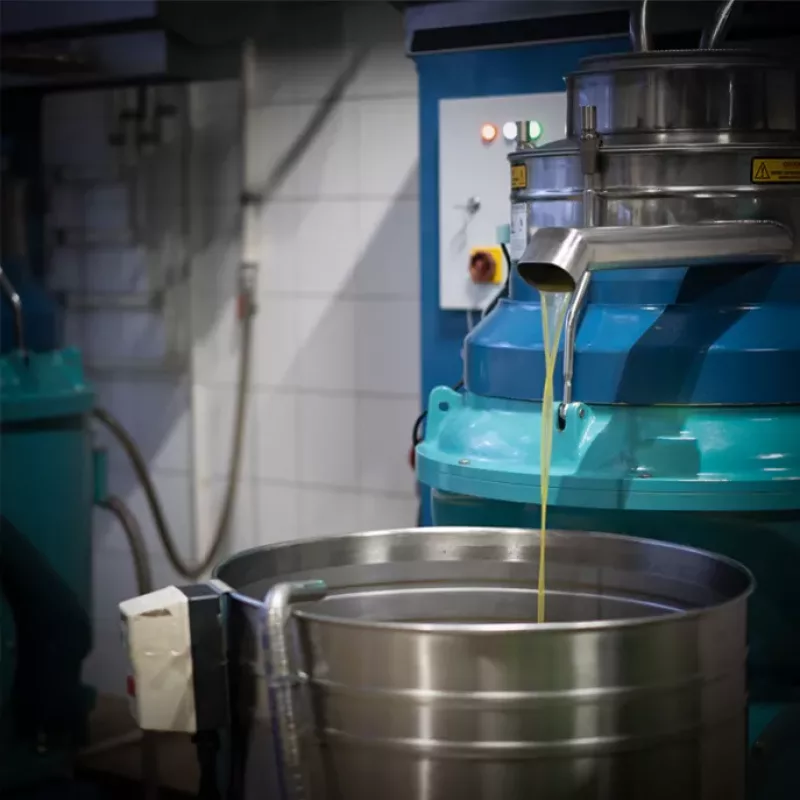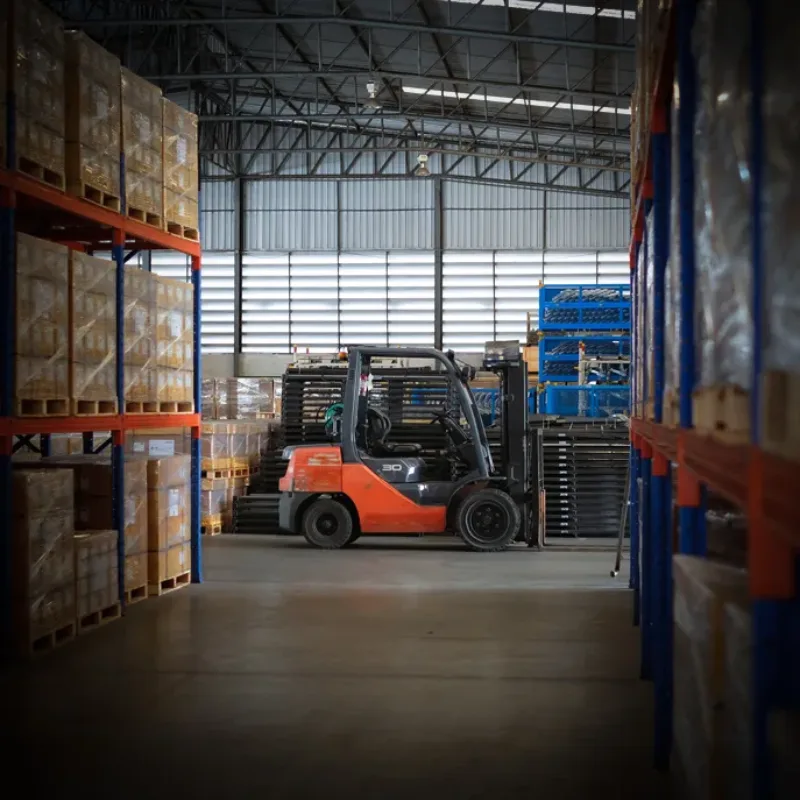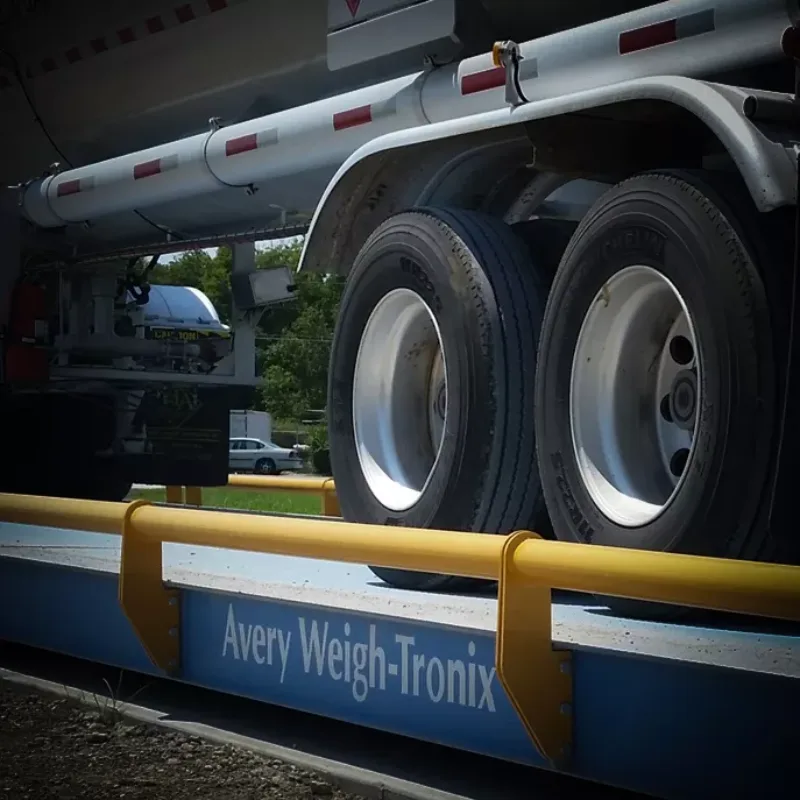When manufacturing planes, trains and automobiles, manufacturing facilities can deliver time and cost savings by ensuring the correct volume of components are delivered to each assembly station, preventing bottlenecks and maintaining output quality. Inventory can be measured and controlled at each step of the manufacturing process, from weighing good and components on site, checking quantities at individual assembly stations, or inventory spot checks. Scales and weighing systems are designed to link with back office and warehouse management systems to provide complete visibility.
Scales and weighing systems for the manufacture of transportation equipment.
The transportation equipment industry is a broad sector encompassing the manufacture of vehicles and related parts and equipment used for transporting goods and people – including automotive, aerospace, rail, shipbuilding, and other vehicles. It is an industry driven by cost and time efficiencies, tight timeframes, quality, and safety. All of these factors require accurate and reliable scales and weighing systems. Often connected to sophisticated software or indicators, they create a weighing and recording system to meet most performance requirements, as well as provide any necessary compliance.
Component manufacturers and manufacturing assembly lines will use scales and weighing equipment to ensure inventory management, detect variations and deviations from specification, and measure waste, helping to maintain product quality and upholds safety compliance.
By accurately measuring the weight of parts, such as engine components, chassis components, and body panels, against set quality parameters, manufacturers can detect variations and deviations from specifications, helping to maintain product quality and reliability.
The handling characteristics, fuel efficiency, and performance of any mode of transport are directly influenced by the weight of its component parts. Manufacturers can optimise design parameters, such as weight distribution and centre of gravity, to improve performance and efficiency by precisely measuring the weight of individual parts as well as the assembled car, carriage, plane, or train.
When designing new vehicles, accurate weight measurements help engineers assess the impact of design changes, evaluate dynamics, and validate performance characteristics during the development lifecycle.
Accurate and reliable scales are essential for automotive manufacturers to meet regulatory compliance. These include vehicle weight limits, emissions standards, and other requirements imposed by government authorities and industry organisations.
Checkweighing is often used to ensure that each workstation along the assembly line receives the correct components. By accurately weighing parts and subassemblies, manufacturers can prevent bottlenecks, minimize downtime, and optimize production throughput on the assembly line.
Weighing data is required to ensure that safety-critical components, such as airbags, seat belt assemblies, and structural reinforcements, meet weight specifications and performance requirements to enhance vehicle safety.
The transportation manufacturing industry is driven by the movement of materials and components, in and out of assembly line facilities. Weighing equipment can be used to measure and verify the weight of parts and components before shipment to assembly plants, ensuring accurate inventory management and efficient logistics operations.
Solutions for Manufacturing
Find a weighing equipment supplier near me
We work with a network of reliable and trusted distribution partners to ensure that we can offer a truly personal, local service, wherever you’re located.

















